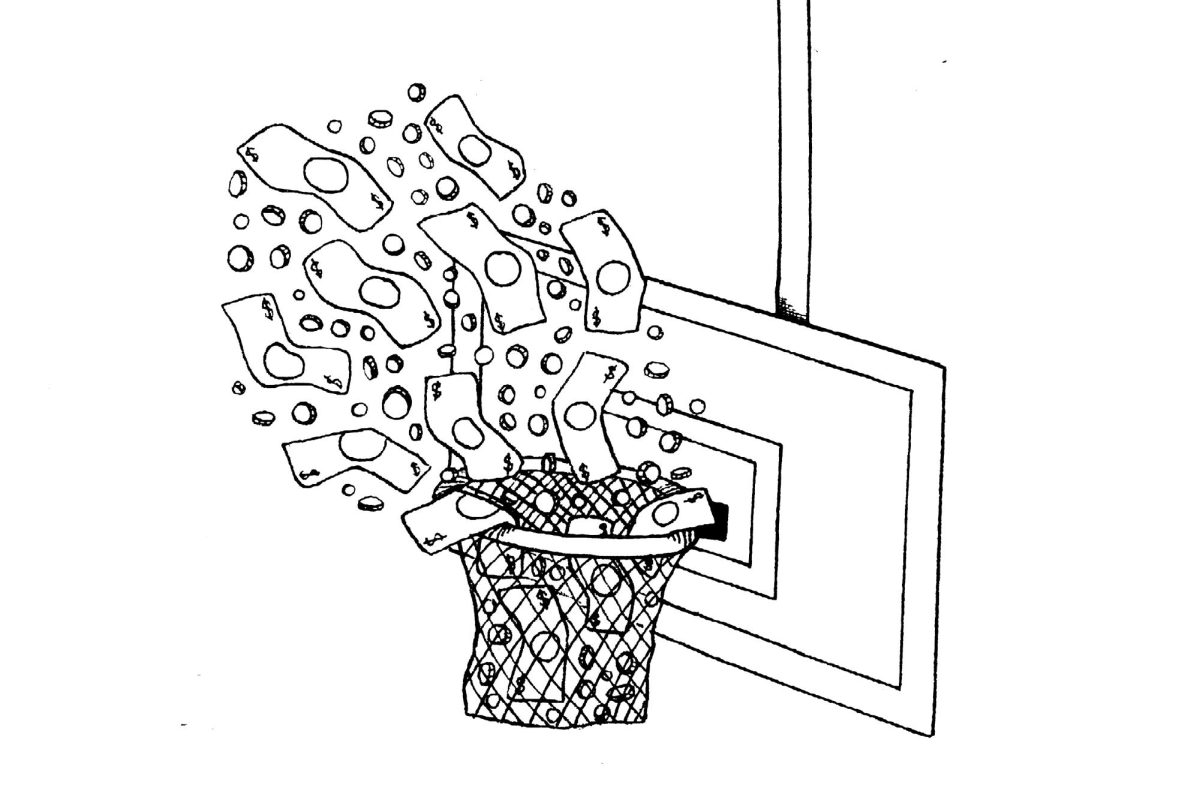When I came home from GW last May, I was ready to start my summer and relax after the strain of final exams.
But two days after I got home I was diagnosed with Hodgkin’s lymphoma. Suddenly, all of my priorities changed. For eight months, my life became a whirlwind of PET scans, finger pricks and chemotherapy.
Some people diagnosed with cancer find themselves sad or depressed. But for me, the most pervasive feeling was dissatisfaction.
I kept asking myself whether I was happy with my life up until my diagnosis. The answer was no. That realization – more than having cancer itself – was life-changing.
I’ve been cancer free for nearly three months now, and preparing to participate in Relay for Life this weekend has made me think about how my experience in hospital beds forced me to re-evaluate my life. There has been no other time in my life that put everything in perspective to the same degree.
I realized that I had been alive for nearly two decades and had not seen or done much of anything. Although I have great memories of high school, my teenage years weren’t like most of my peers because I was in the closet. I had really only lived truthfully and comfortably during my eight-month freshman year of college.
Living the way I wanted to was easier at GW, where open-mindedness and diversity are celebrated, for the most part. Back home in Long Island, N.Y., those are often foreign ideals.
Chemotherapy became more debilitating and tiresome as it progressed. I spent days sitting on the couch – too weak to exercise, too nauseous to eat and too tired to even concentrate on Netflix.
But the most painful part of my experience was not the chemotherapy or its side effects. Rather, it was being forced to put my life on pause after just one year of college – the one year I could truly be myself.
I focused all the energy I had into doing things I usually put off, like working out, eating well and even getting involved with some volunteer work. I couldn’t control that I had cancer, but I could control my attitude about it.
I channeled the dissatisfaction cancer gave me into making serious changes to my life. This fall, I came out as gay to my family. I decided that for whatever amount of time I have left, I want to be honest with myself and everyone else in my life.
Fortunately, it turned out well. It’s frightening to think that if the cancer had not set my priorities straight, I might have waited years to come out.
I understand that there will always be a chance that the cancer comes back. I have to live with that. So I’ve committed to focus on what really matters to me.
Here at GW, we’re all obsessed with internships and job placement. But when I thought about my life being cut short, I realized I was more upset about never getting married or having a family than my inability to pursue a career in politics.
I realized that advocating for social change through student organizations I’m involved in, laughing with friends and experiencing what the world has to offer are the most important to me – not a 4.0 grade point average or a job with a fancy office.
And I realized that being honest, though sometimes painful at first, is essential.
As time passes and my eyebrows begin to grow back, it’s strange to think that facing this illness allowed me to tackle my insecurities. I still have a hard time concentrating because of my “chemo brain” and I cannot study abroad because I need to routinely flush the Mediport implanted in my chest.
But for now I am grateful and empowered. What doesn’t kill you makes you stronger, right?
Rob Todaro, a sophomore majoring in political communication, is a Hatchet opinions writer.






